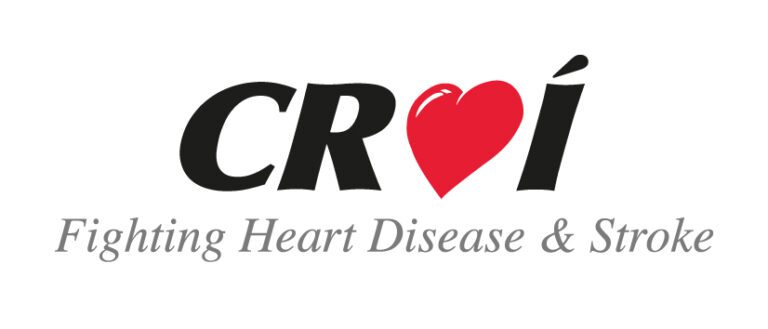Your voice as a patient matters
Increasingly, as we engage at every level across our healthcare system, the voice of the patient falls between the gaps and struggles to be heard as we engage with multiple people in diverse roles across different specialisms. Sometimes as a patient or carer you struggle greatly to articulate or address an issue to anyone who can take decisive action. When this happens the patient voice is effectively silenced, patients and carer’s feel disempowered and this negatively impacts outcomes. The reality is that we will all be patients at some time in our lives and therefore as citizens it’s in all our interests to ensure that the patient voice is recognised and heard as an equal stakeholder at every level of the health care system.
The good news is that we are now living in the era of the empowered patient! Patients and their carer’s are no longer willing to be passive recipients of care or to be excluded from decision making about their treatments or care.

Patients are demanding that they have a voice and a seat at the table, to be part of the decision-making process and to be equal partners as experts of the lived experience.
The patient voice refers to the perspective, experiences and opinions of patients in relation to their health and healthcare. It encompasses the unique needs, preferences and priorities of individual patients and represents an important aspect of patient centred care. The patient voice can provide valuable insights into the patient experience, including the impact of illness and treatment, the quality of care received and the patient’s overall well-being.
Incorporating the patient voice into decision-making can help to improve the quality of care and promote better health outcomes. The patient perspective is an integral part of the provision of quality healthcare, and as the core beneficiaries, patients are also the people who can hold the system accountable. There are huge challenges ahead in ensuring that patients, and especially heart and stroke patients, truly have equity when it comes to managing their care and improving health outcomes.
The patient voice can be expressed in many ways, including through patient-provider communication, patient engagement and participation in their own care, providing patient feedback through mechanisms such as patient satisfaction surveys etc. Encouraging patients to share their experiences and opinions is a critical aspect of empowerment to be active partners in their own care.
Patient leaders who are informed and engaged can use their voice to be powerful change makers in the healthcare system and advocate for others who may be unable or unwilling to take action for themselves.
Patient leadership refers to the role that patients play in shaping their own healthcare and the healthcare system. Patient leaders are individuals who are active and engaged in advocating for their own health and the health of others.

They are informed, empowered, and vocal about their healthcare needs and work to drive change in the healthcare system. By being strategic and considering the specific context and situation, advocates can effectively use collaboration and challenge to drive positive change and improve the lives of individuals and communities.
For example, working with others to build a coalition or network can help to increase the impact of advocacy efforts, while challenging decision-makers to take action on an issue can help to drive change.
Despite the scale and burden of cardiovascular disease, heretofore the voice of Irish heart patients and stroke survivors has been largely unorganised and disconnected. Accordingly the Heart & Stroke charity Croí is supporting the establishment of Heart & Stroke Voice Ireland (HSVI) to create a broad coalition of patients and carer’s from all walks of life who will work together to create an eco-system that enables equal participation by patients, caregivers, health care professionals and policy makers to support and drive improved patient outcomes. By being an active and informed patient, you can play a key role in improving the quality of your own care and the care received by others within this system. Your voice as a patient and a carer truly does matter so contact us today to find out how you can use it to make a difference!
Supported by

